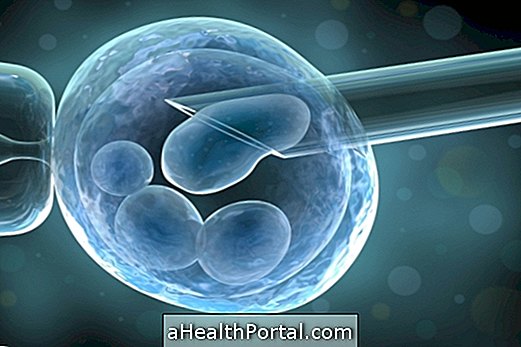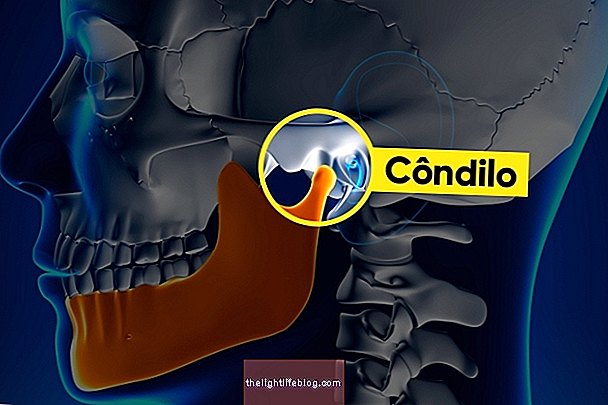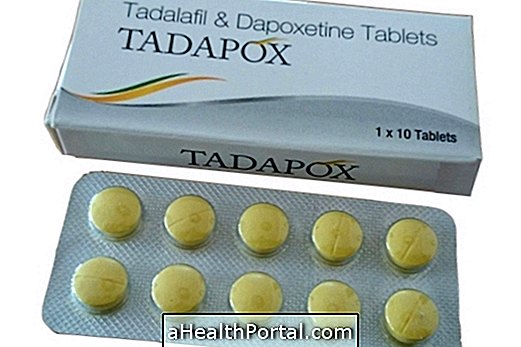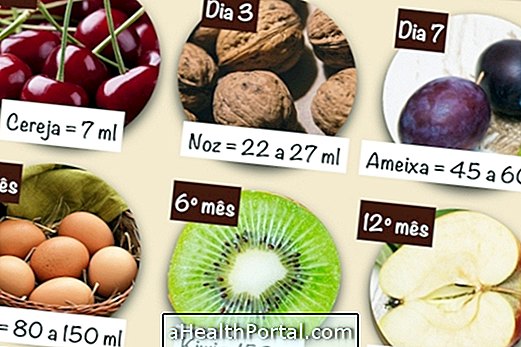Artificial insemination is a method that involves the placement of spermatozoa inside the woman's genital tract and is widely used in the treatment of some cases of male or female infertility caused by impotence, vaginismus, endometriosis, reduced sperm volume, changes in spermatozoa, malformations of the penis, among others.
Insemination is a simple procedure with few side effects and whose outcome depends on factors such as sperm quality, fallopian tube and uterus conditions, and age of the woman.
The price of artificial insemination depends on the clinic chosen by the couple, as well as the number of sessions necessary to reach pregnancy, but the average price per cycle of artificial insemination is 10 thousand reais. However, in some cases and in some states of Brazil artificial insemination can be done by SUS.

How artificial insemination is done
Artificial insemination is done by collecting the sperm after 5 days of sexual abstinence through masturbation and placing the sample in a sterile container to evaluate the quality and quantity of spermatozoa.
After this the woman is inseminated by placing a small tube from the vagina to the uterus where the sperm is deposited. Thereafter the patient should be rested for 30 minutes and up to 2 inseminations may be done to increase the chances of pregnancy.
Usually, pregnancy occurs after 4 cycles of artificial insemination and success is greater in cases of infertility due to unknown cause. However, couples who are able to conceive may experience other methods, such as in vitro fertilization, for example. Understand how in vitro fertilization is done.
Care after insemination
After insemination a woman can return to her normal routine, however, depending on factors such as age and condition of the fallopian tubes and uterus, for example, some precautions may be recommended by the doctor after insemination, such as avoiding long sitting or standing, avoid intercourse for 2 weeks after the procedure and maintain a balanced diet.
Possible Complications
Some women report bleeding after insemination, which should be reported to the doctor. In addition other possible complications of artificial fertilization include:
- Infection;
- Ectopic pregnancy;
- Spontaneous abortion;
- Multiple gestation;
- Ovarian hyperstimulation syndrome.
Although these complications are rare, the woman should be accompanied by the insemination clinic and the obstetrician to prevent its occurrence.




















